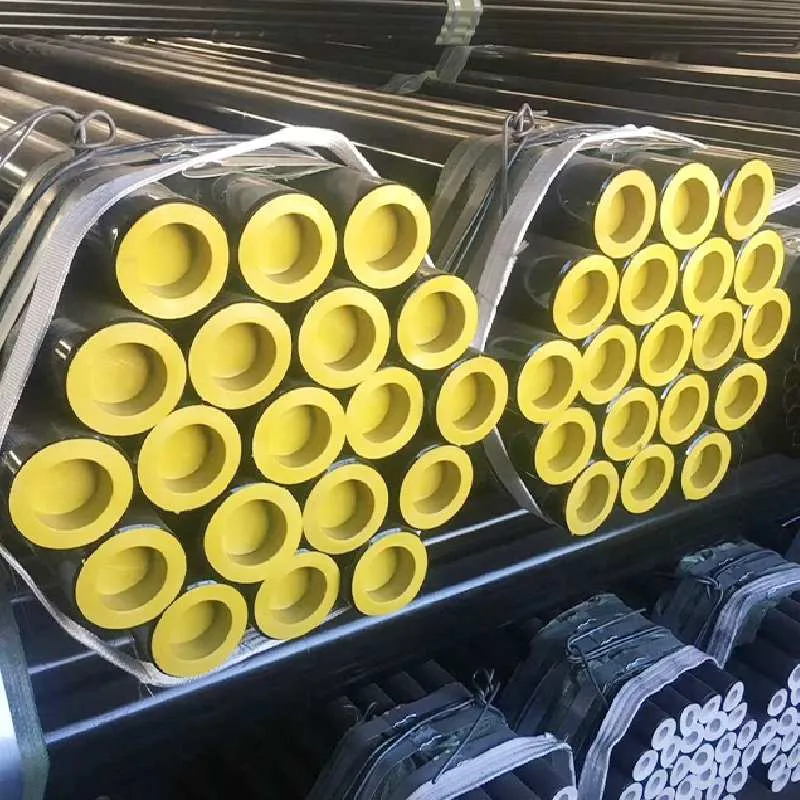-
Cangzhou Yulong Steel Co., Ltd.
-
Phone:
+86 13303177267 -
Email:
admin@ylsteelfittings.com
- English
- Arabic
- Italian
- Spanish
- Portuguese
- German
- kazakh
- Persian
- Greek
- French
- Russian
- Polish
- Thai
- Indonesian
- Vietnamese
- Zulu
- Korean
- Uzbek
- Hindi
- Serbian
- Malay
- Ukrainian
- Gujarati
- Haitian Creole
- hausa
- hawaiian
- Hebrew
- Miao
- Hungarian
- Icelandic
- igbo
- irish
- Japanese
- Javanese
- Kannada
- Khmer
- Rwandese
- Afrikaans
- Albanian
- Amharic
- Armenian
- Azerbaijani
- Basque
- Belarusian
- Bengali
- Bosnian
- Bulgarian
- Catalan
- Cebuano
- China
- China (Taiwan)
- Corsican
- Croatian
- Czech
- Danish
- Esperanto
- Estonian
- Finnish
- Frisian
- Galician
- Georgian
- Kurdish
- Kyrgyz
- Lao
- Latin
- Latvian
- Lithuanian
- Luxembourgish
- Macedonian
- Malgashi
- Malayalam
- Maltese
- Maori
- Marathi
- Mongolian
- Myanmar
- Nepali
- Norwegian
- Norwegian
- Occitan
- Pashto
- Dutch
- Punjabi
- Romanian
- Samoan
- Scottish Gaelic
- Sesotho
- Shona
- Sindhi
- Sinhala
- Slovak
- Slovenian
- Somali
- Sundanese
- Swahili
- Swedish
- Tagalog
- Tajik
- Tamil
- Tatar
- Telugu
- Turkish
- Turkmen
- Urdu
- Uighur
- Welsh
- Bantu
- Yiddish
- Yoruba

Dec . 09, 2024 22:52 Back to list
Exploring the Foundations of Class 150 ANSI Standards in Engineering Applications
The Importance of Class 150 ANSI Standards in Industrial Applications
In the realm of industrial applications, the significance of standards cannot be overstated. Among various guidelines laid out for equipment, Class 150 ANSI standards play a pivotal role in ensuring reliability, efficiency, and safety in piping systems. Understanding the Class 150 ANSI standard is essential for engineers, project managers, and operational personnel involved in the design and maintenance of piping systems.
Firstly, it is crucial to define what Class 150 ANSI is. ANSI, or the American National Standards Institute, has established a set of standards to address the design, manufacturing, testing, and operation of various equipment, including flanges, valves, and fittings used in piping systems. Class 150 refers to the pressure-temperature ratings that these components can withstand, essentially outlining the strength and durability of the materials used.
The Importance of Class 150 ANSI Standards in Industrial Applications
One of the most significant advantages of adhering to Class 150 ANSI standards is the uniformity it offers across industries. Various manufacturers conform to these specifications, ensuring that the fittings, flanges, and valves are interchangeable regardless of the supplier. This is particularly beneficial for maintenance and replacement parts, as it streamlines procurement processes and reduces downtime. With minimal variation in critical dimensions and materials, engineers can confidently rely on Class 150 ANSI standards to design systems that are efficient and safe.
class 150 ansi

In the oil and gas industry, for example, the use of Class 150 ANSI-rated components in systems involving oil transport, refining processes, and natural gas distribution is widespread. The application of these standards ensures that the infrastructure built can handle the specific pressure requirements safely while remaining robust against potential leaks and failures, resulting in enhanced operational safety and efficiency.
Another vital aspect of Class 150 ANSI standards is the emphasis placed on quality and reliability. The components manufactured under these standards undergo strict testing and quality assurance processes, ensuring that they meet the necessary industry requirements. This rigorous approach not only safeguards against failures that could lead to catastrophic accidents but also enhances the overall lifespan of the installed systems.
Furthermore, Class 150 ANSI standards integrate seamlessly with other industry standards, forming a cohesive framework for infrastructure development. For instance, these standards can be utilized alongside ASME (American Society of Mechanical Engineers) guidelines, providing a comprehensive approach to pressure vessel design, piping, and equipment specification. This collaboration helps professionals in the sector adhere to safety regulations while maximizing performance and reducing costs.
In conclusion, Class 150 ANSI standards represent an integral part of the industrial landscape, particularly in the realm of piping systems. The significance of these standards lies in their ability to provide a uniform platform for the design, manufacturing, and operational protocols of piping components. Through their emphasis on quality, uniformity, and safety, Class 150 ANSI standards not only protect operatives and the environment but also enhance the reliability and efficiency of crucial industrial processes. As industries continue to evolve, the adherence to established standards like Class 150 ANSI will remain a cornerstone of operational excellence and innovation, ensuring that businesses can thrive while maintaining the highest safety and performance standards. By understanding and implementing these standards, professionals can contribute significantly to the sustainable growth and safety of their respective industries.
Latest news
-
ANSI 150P SS304 SO FLANGE
NewsFeb.14,2025
-
ASTM A333GR6 STEEL PIPE
NewsJan.20,2025
-
ANSI B16.5 WELDING NECK FLANGE
NewsJan.15,2026
-
ANSI B16.5 SLIP-ON FLANGE
NewsApr.19,2024
-
SABS 1123 FLANGE
NewsJan.15,2025
-
DIN86044 PLATE FLANGE
NewsApr.19,2024
-
DIN2527 BLIND FLANGE
NewsApr.12,2024
-
JIS B2311 Butt-Welding Fittings LR/SR 45°/90° /180°Seamless/Weld
NewsApr.23,2024











